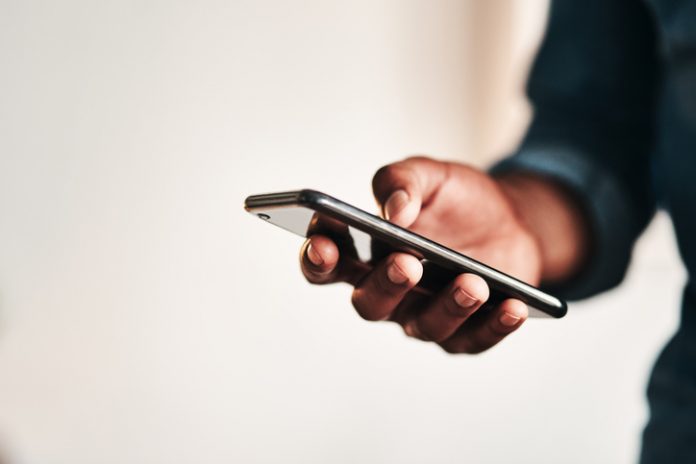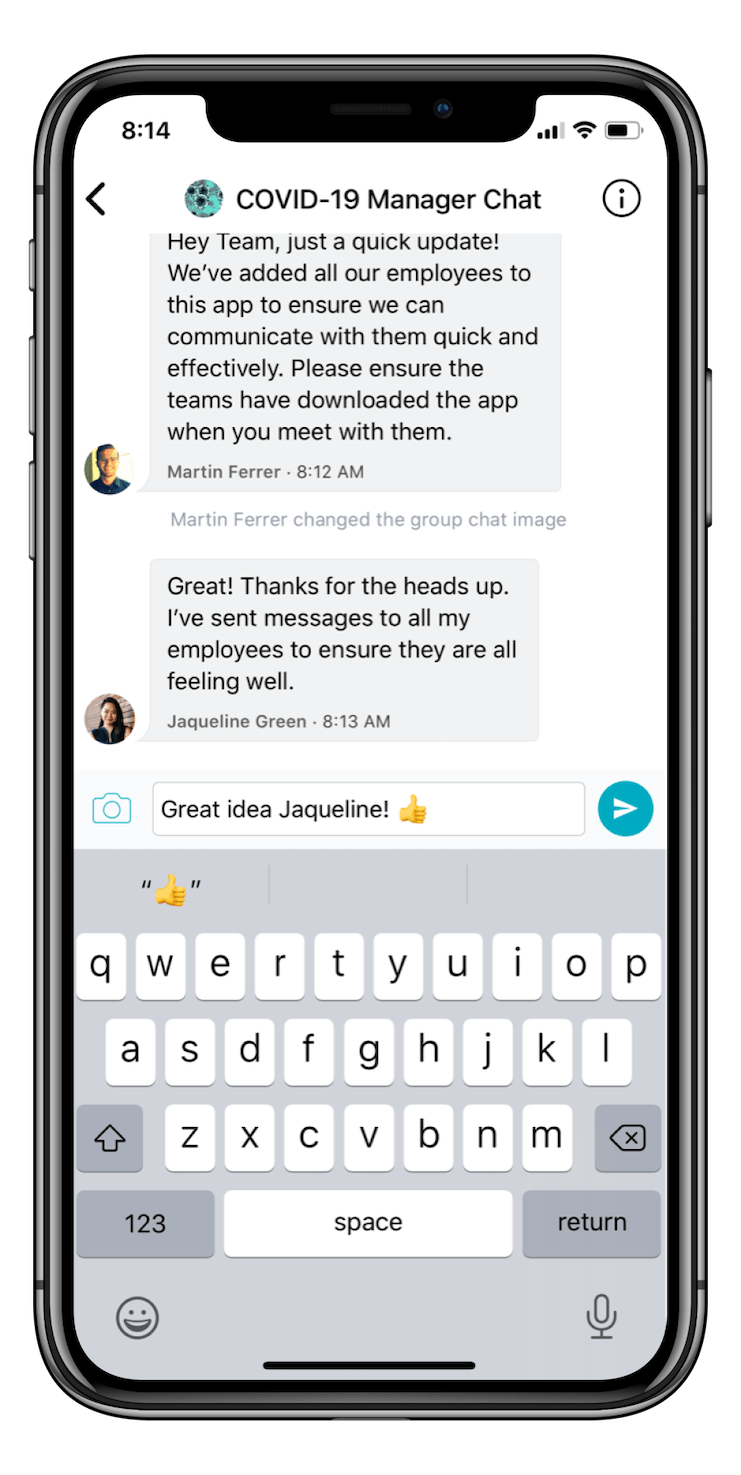
To stop the spread of COVID-19, people are hunkering down at home. Families are abandoning vacation plans. Companies are eliminating business trips. Austin’s famous South by Southwest Festival is canceled. The upcoming Summer Olympics in Tokyo will go on—but without spectators. For the hospitality industry, this means an unexpected and dramatic slowdown in business, as well as a global health and safety threat. In this unpredictable scenario, hotels need to stay afloat. But more importantly, keeping hotel employees and guests safe is the industry’s top priority right now.
Hotels need to have a crisis communication strategy to direct their teams during unexpected events. In this industry, 80 percent of employees are frontline workers, many of whom don’t have (or choose not to use) a corporate email address. That means any plan has to include a mobile-first communication tool that can reach every associate. Without it, hotels face a chaotic environment with gaps in communication—a risk they can’t afford to take.
Make Communication an Emergency Preparedness Priority
Hotels need to prepare for a crisis long before it happens. In the current environment, the rapid spread of the coronavirus caught many companies off guard. Without a proactive strategy, operational communication can become fractured, leading to further chaos.
A good crisis communication strategy is two-fold:
- Have a mobile-first communication app that every employee has equal access to.
- Create a messaging strategy so employees know the protocol when the unexpected happens.
When Hurricane Irma made landfall in September 2017, the InterContinental Miami had a communication plan in place. Hotel leaders used an internal employee app to communicate with staff, including the 375 employees who don’t have email. Cell reception was down so this digital channel gave them a way to communicate status updates, like when it was safe to return to work.
At the Frontlines of a Global Pandemic
Not only do hotels need to think about the operational side of a crisis, but the human element as well. A hotel’s frontline workforce has the most contact with travelers. This puts them at the greatest risk for exposure to COVID-19.
With the rise of coronavirus cases every day and the ease of transmission, custodial teams are particularly vulnerable. They’re in charge of keeping the physical environment safe for employees and guests. Creating a communication stream dedicated to this vital team is necessary for relaying information regarding proper cleaning methods and supplies to kill the virus that can live on surfaces for hours or even days.
SAFETY TIP
Use a workplace app to share a video of the proper handwashing techniques for the safety of frontline teams.
There are a lot of unknowns with this pandemic. Clear, consistent messaging through a standardized communication process can keep everyone calm. Frontline teams can, and should, provide feedback over a workplace app about vulnerable areas of the hotel, like an area that needs to be cleaned or necessary supplies, like protective gloves, that need to be restocked.
Hotels also need to allow staff to let their managers know if they’re safe or need support, coordinate shift coverage if employees are unable to get to work, and provide real-time insight on all areas of the hotel that are vulnerable to exposure.
Crisis Communication Requires Real-Time Digital Tools
Hospitality is a 24/7 industry with employees on-site at all times. When disaster strikes, real-time, constant connectivity is essential. A phone tree is inefficient and phone lines might be down. Email simply won’t reach a hotel’s mobile teams.
 A workforce management app has real-time capabilities and can reach an entire staff at once. It also:
A workforce management app has real-time capabilities and can reach an entire staff at once. It also:
- Enables business continuity so hotels can continue operating with little disruption;
- Has confirmation campaigns to ensure messages are opened and read by employees;
- Creates a hub where employees can get up-to-the-minute information from their mobile device;
- Can store safety documents and protocols so employees can access them as they need;
- Have translation features so a hotel’s diverse team can receive communication in their preferred language.
Reliable communication is good business practice in general. In a crisis situation, it’s imperative.











